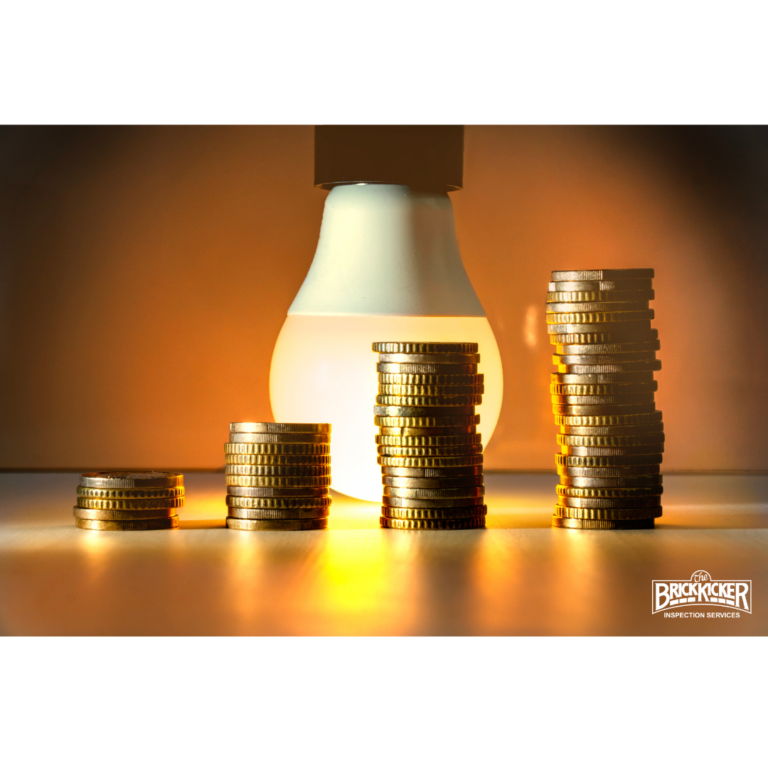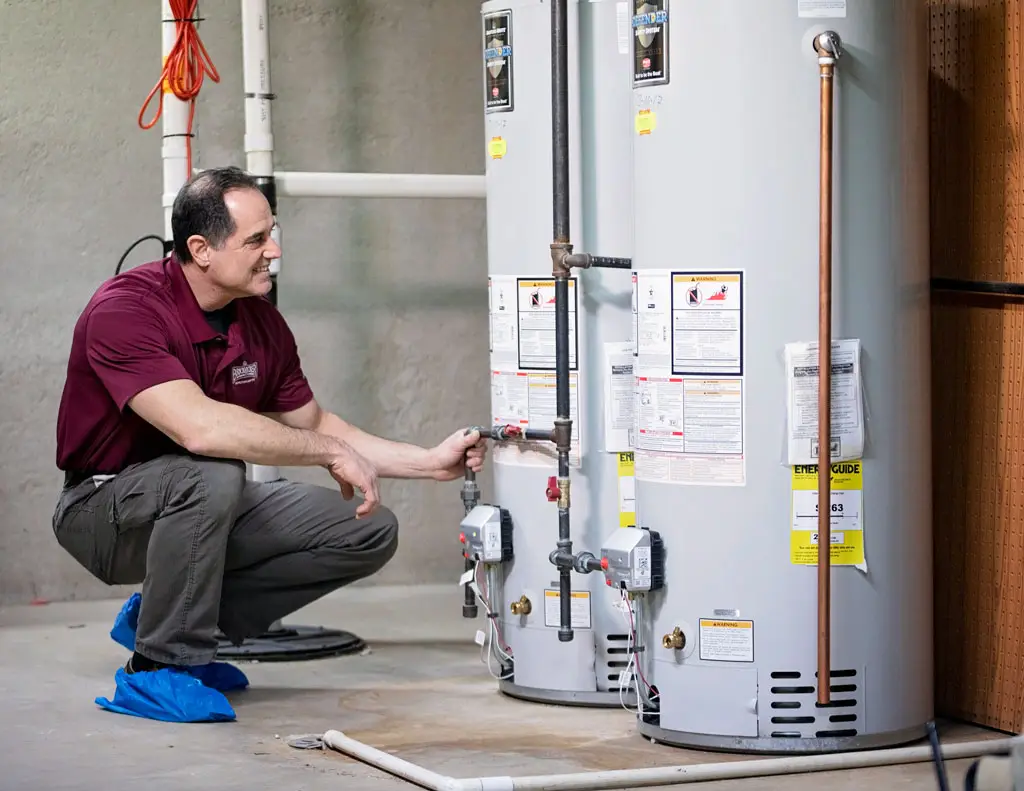Maximizing Energy Efficiency: Tips from Your Trusted Home Inspectors

Energy efficiency isn’t just about saving money—it’s about making your home more comfortable, reducing environmental impact, and increasing property value. As home inspectors, we often see areas where homeowners can improve efficiency. Here are some of our top energy-saving tips to help you get the most out of your home.
1. Seal Air Leaks
One of the most common issues we find during inspections is air leaks around doors, windows, and attics. These leaks let warm or cool air escape, making your HVAC system work harder. Use weather stripping and caulk to seal gaps and prevent unnecessary energy loss.
2. Upgrade to Energy-Efficient Windows
If your home has older, single-pane windows, consider upgrading to double- or triple-pane windows with low-emissivity (Low-E) coatings. These windows help regulate indoor temperatures, keeping heat in during winter and out during summer.
3. Insulate Properly
Adequate insulation is crucial for maintaining energy efficiency. Check your attic, walls, and basement for proper insulation levels. Adding insulation where needed can significantly reduce heating and cooling costs.
4. Maintain Your HVAC System
Your heating and cooling system should be serviced at least once a year to ensure it operates efficiently. Change filters regularly, clean ducts, and consider upgrading to a programmable or smart thermostat to optimize temperature control.
5. Switch to LED Lighting
LED bulbs use up to 75% less energy and last significantly longer than traditional incandescent bulbs. Swapping out old bulbs for LEDs is a simple yet effective way to cut down on energy costs.
6. Use Energy-Efficient Appliances
When it’s time to replace appliances, look for ENERGY STAR-rated models. These appliances use less energy while delivering the same level of performance, helping you save on electricity bills.
7. Optimize Water Heating
Water heating accounts for a significant portion of home energy use. Lower your water heater temperature to 120°F, insulate hot water pipes, and consider installing a tankless water heater for improved efficiency.
8. Install Solar Panels
If you’re looking for a long-term investment in energy efficiency, solar panels can be a great solution. They reduce dependence on grid electricity and can even generate surplus energy, lowering your monthly bills.
9. Use Smart Home Technology
Smart home devices, such as programmable thermostats, smart plugs, and energy monitoring systems, allow you to control and track your energy use more efficiently. These tools help ensure that energy isn’t wasted when it’s not needed.
By making a few strategic upgrades and adjustments, you can create a more energy-efficient home that benefits both your wallet and the environment.
